Midway through track eight on this, the debut album from pomp rockers Cats in Space, you’ll find yourself realising that you’re black and blue. This sorry state of affairs, rendered because you can’t quite believe the grandiose mixture of Toto and the Alan Parsons Project that’s unfurling itself in front of your incredulous ears and have been forced to keep pinching yourself to maintain some sort of link with what you believe to be reality, is not going to go away in a hurry. I’ve been living with this album for over a month now and still have trouble coming to terms with just how staggeringly good it is.
Opening with a cod-futuristic melange of space-type noises, the album proper opens with title track Too Many Gods, and from the get-go you realise you’re in for a rather special time with this album. Opening with the sort of parping, ivory-tinkling grandeur we’ve not heard since the glory days of the likes of Boston or Touch, this quite clearly is the real deal. Led from the front by vocalist Paul Manzi – who has a nice Englishness to his voice that consistently stops the material from merely sounding like the work of a group of seventies-obsessed Styx wannabes – this band, made up seemingly of members of tribute bands and sidemen of acts long past their sell by dates, have somehow come up with one of the hard rock albums of the decade in Too Many Gods.
Second track Stop has a heavy whiff of brit rockers Sad Café about it – no bad thing – but it pales into insignificance when placed against the five tracks which follow and which form the gargantuan core of the record.
Starting with the jaunty Last Man Standing, this run of tracks comprises quite possibly the best half hour of music you’ll hear in a long, long time. LMS is a gorgeous piece of orchestral pop, the sort of thing Jeff Lynne might have put together in his pomp, and the same can be said of the album’s leadoff single Mr Heartache. A rollicking tale of love rivalry set against a backdrop of extravagant backing vocals and a lavish arrangement that is so faithful to the seventies template you’d be forgiven for thinking it had been written in bespoke fashion for a made-up band featuring in a period drama about life in small town England in 1976, it hits the mark in no uncertain fashion.
But that’s not the best of it. Next up is the album’s first real tour de force, the quite superb Unfinished Symphony. Starting quietly with a nod to classic pre-hanky-in-the-back-pocket Springsteen, the track gets quickly into its stride before hitting an extravagant, pomp-laden chorus that’ll have you splitting your loon pants as you leap from the couch to join in. A paean to sticking to your guns and just following your dream, this is a hair-raisingly inspirational piece of hard rock that you’ll return to time and again to simply wallow in all its overblown grandeur.
Schoolyard Fantasy takes the pomposity down a notch or two, but that doesn’t mean the quality lessens. Based on some beautifully solid basswork from Jeff Brown (who is impressive throughout, it has to be said) and featuring some nice keyboard embellishment from the similarly excellent Andy Stewart, this gentle tale of teen romance features that other classic rock hallmark – the wailing sax solo – before spiralling away into the ether on the back of some nice soloing from band founder Greg Hart. If you grew up listening to AM radio in the seventies, this song will have the hairs on the back of your neck weeping with nostalgic appreciation.
And then, just as you’re thinking they can’t possibly top all of this, they wheel out the titanic The Greatest Story Never Told. An absolute triumph of finely-executed pomp rock mayhem, it’s hard to put into mere words just how absolutely, deliriously splendid this track is. To say that ‘they don’t write songs like this anymore’ may have been right up until this time a couple of months ago, but, Christ on a bike, that’s all in the past now. The future of rock music lies in the heart of a song that sounds like it was written in 1975 – and I like that!
You’ll need hot towels and fresh water to clean up after this, so it’s lucky that the whimsical Only in Vegas follows next, allowing the listener a bit of time to readjust to normality. Funky, sub-ELO – Evil Woman springs to mind on first listen – it’s definitely fluff compared to what’s gone before, but still features a compelling vocal from Manzi and won’t fail to get you singing along come chorus time. And it features robot voices too, so it’s pretty irresistible if truth be told.
The downbeat Man in the Moon doesn’t fare so well, being just a bit too ordinary after the previous forty-odd minutes of hysteria, but Five Minute Celebrity sets the ship back on course with its riotous mix of Queen and The Who getting excitement levels back into the red in exuberant style. As a closing track this would have served perfectly, leaving the listener on a high with the pummelling drums of Steevi Bacon still ringing in the ears, but strangely the band decides to end with the lacrimose Velvet Horizon, a sombre, piano-and-voice ballad that, whilst rather beguiling, does put something of a dampener on the album’s finale.
Still, after what’s been offered up before this only the most dedicated curmudgeon could hope to find fault with this as an album closer, and the only real complaint one can have is that the album ends at all – You’ll find yourself pressing play again as soon as the end finally comes, and, if you’re anything like me, hoping that a follow up from Cats in Space comes quickly. Monstrously good stuff.


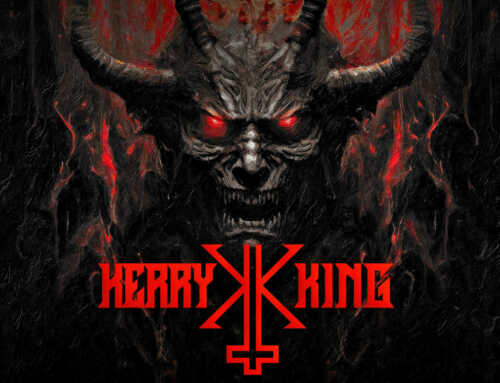
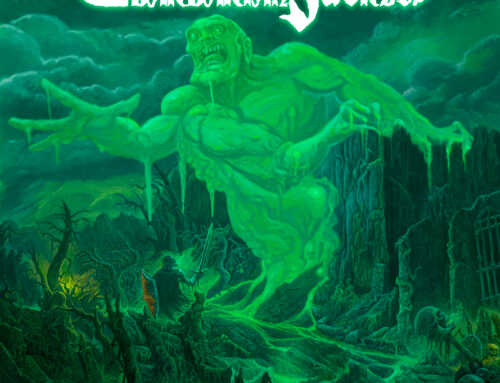
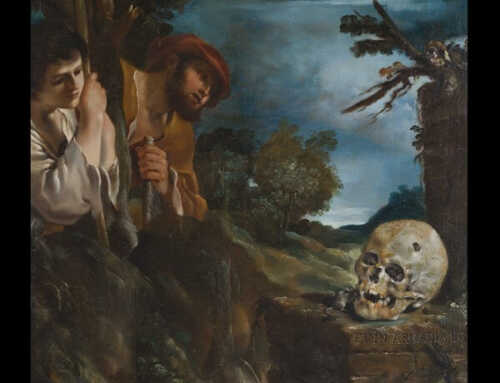
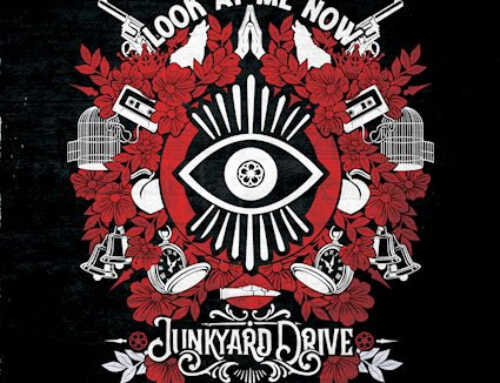
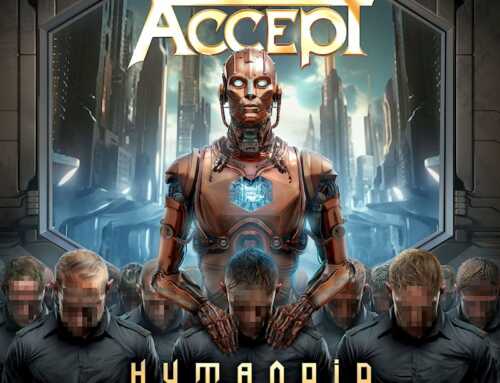
Leave A Comment